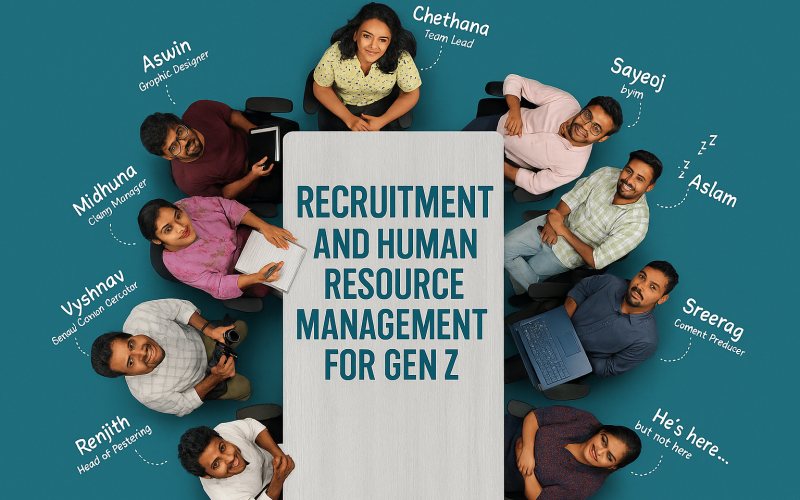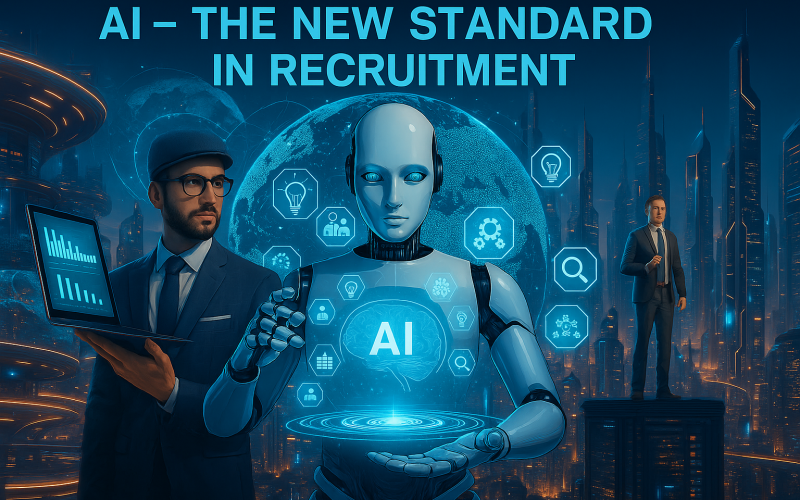The War for Talent and the Future of Workforce Attraction
Ho Chi Minh City – Amid rapid globalization and digital transformation, the so-called “war for talent” has become a major challenge for Vietnamese businesses. Today, organizations are not only competing in markets and products but also racing to secure high-quality human resources – a “strategic weapon” that determines success or failure.
The War for Talent: A Global Challenge, Local Pressure in Vietnam
According to a report by ManpowerGroup, more than 75% of companies worldwide face difficulties in hiring the right people for the right roles. In Vietnam, this figure is even higher, reaching nearly 80% in specialized sectors such as information technology, finance and banking, and logistics. The causes stem from:
- Demand outstripping supply: The digital economy and the boom in startups have driven demand for high-quality human resources at a pace that outstrips the capacity of education and training.
- Changing expectations of younger workers: Gen Z and Millennials seek not only competitive salaries but also meaningful work, flexible workplaces, and opportunities for personal development.
- Cross-border labor mobility: The international flow of workers, combined with talent-attraction policies of regional countries (Singapore, South Korea, Japan), puts Vietnam at risk of a “brain drain.”
The Future of Talent Attraction: From Strategy to Action
In an increasingly competitive landscape, Vietnamese businesses can no longer rely solely on salaries and bonuses. New trends show that to succeed in the “war for talent,” organizations must build comprehensive strategies that include:
Employer Branding
Companies need to establish their reputation as an “ideal workplace,” reflecting a positive culture, fairness, and social responsibility. A survey in Vietnam revealed that 85% of young candidates would reject higher-paying jobs if the work environment lacked transparency or was toxic.Employee Experience
Beyond recruitment, from day one, employees must feel supported and empowered. Policies such as professional onboarding, clear career paths, timely feedback, and recognition will determine loyalty.Flexibility & Technology
The hybrid working model, combining online and offline work, has become mainstream. At the same time, companies need to invest in HR Tech, including AI-driven recruitment, smart HR management systems, and online learning platforms.Sustainability & Social Responsibility
Younger generations are increasingly attentive to ESG values (Environmental, Social, Governance). Companies that demonstrate responsibility gain a significant advantage in retaining talent.
The “war for talent” is no longer just a global concept – it has become a pressing reality in Vietnam. In the new era, talent is a “strategic weapon” more critical than capital or technology. The future belongs to businesses that can transform their approach to human resources – from viewing employees as “resources” to recognizing them as “partners.” Only then can organizations attract, retain, and develop talent as the foundation for breakthroughs and sustainable competitiveness in the global market.












